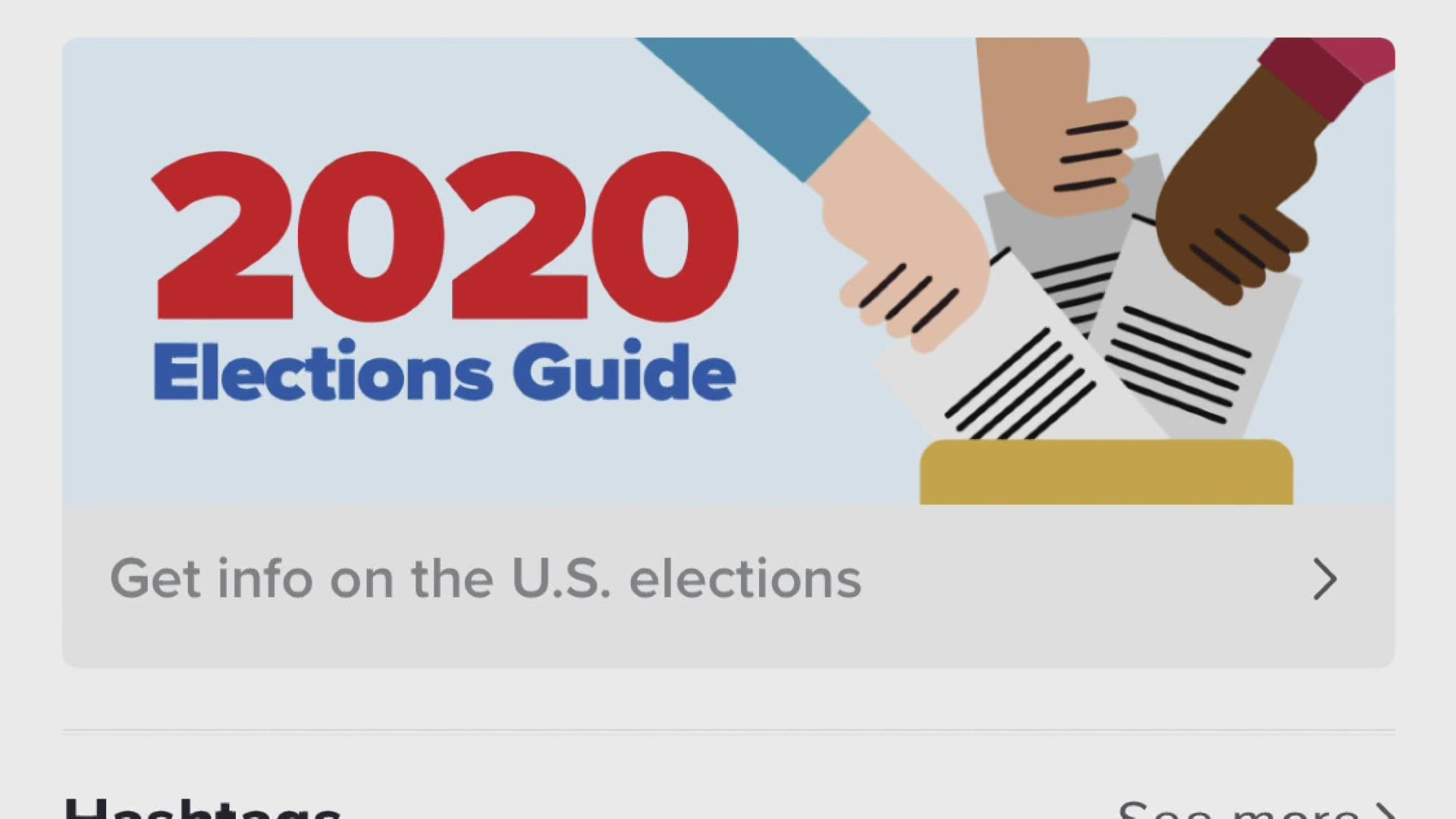PORTLAND, Maine — As the 2020 campaigns head toward the finish line—some of them leaking oil and spewing clouds of exhaust, others gliding as smoothly and quietly as a new Tesla--social media platforms are right in the thick of the races, as they have been since the beginning. Facebook and Twitter may be the two best known platforms in the political arena, but they aren’t the only players, and all of them have been the subject of particularly intense scrutiny in 2020.
Why? Rich Brooks of Flyte New Media in Portland says one reason is these platforms played a key role in the 2016 presidential election when Russia and others used them to try to influence the outcome. This year the social media platforms have, with varying degrees of energy and effectiveness, tried to reduce misinformation and encourage voters to be engaged. “Right now Snapchat is claiming that they have helped over a million Americans register to vote,” Brooks says. “Facebook, not to be outdone, is claiming that they’ve helped two and a half million voters register.”
Then there’s TikTok, which has an in-app user guide to the election as well as links showing if users are already registered to vote. “That’s incredibly important because the TikTok audience skews younger,” Brooks notes. “You get a lot of first-time voters using that platform, so it’s kind of a big deal that it’s taking such an active role.”
Politicians, especially those using Twitter, have tried to leap over some of the guardrails the company erected to reduce the sharing and amplifying of false claims. So how are the social media platforms faring as they try to come up with some basic checks and balances? Watch our interview with Brooks to learn more.

